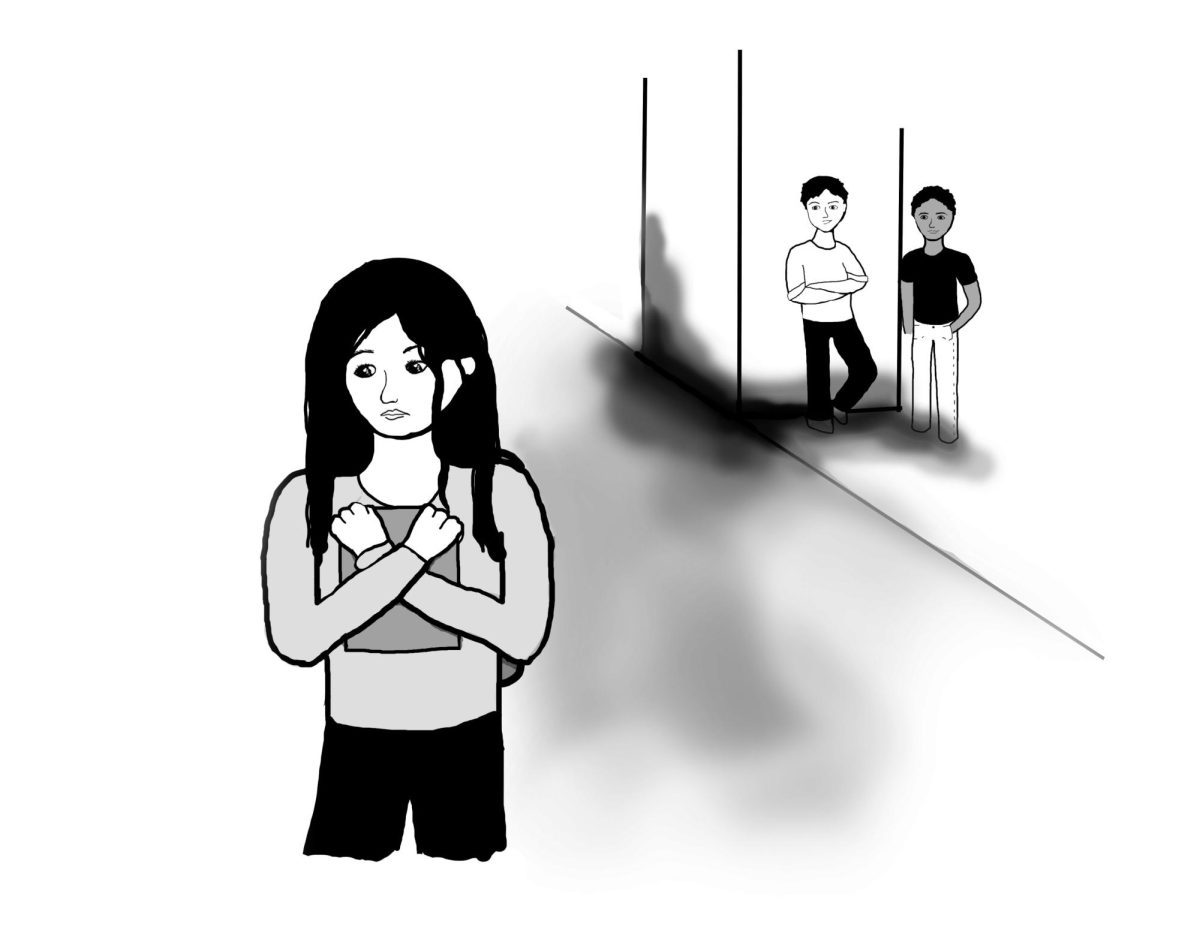As the academic year comes to a close, statistics regarding the fall 2010 entering first-year class begin to trickle in. The GPA is a little bit higher, the gender gap a little bit wider, but one thing never seems to change. According to the statistics released March 29, 63.5 precent of next year’s class will come from the West coast states of Washington, California and Oregon. In contrast, only 3.3 percent will come from New York, Massachusetts and Maine. How does this majority influence Whittie culture? And what do the East Coasters have to say about it?
One of the most interesting aspects of the East Coast––West Coast rivalry is the confusion about what characteristics identify each group. Junior Charlie Procknow was born and raised in Boston until moving to Denver at the age of 14. After living on both coasts, he can identify some differences between cultures.
“I’m stereotyping really blatantly here, but the biggest thing that I’ve realized moving out here is that people are way more well-rounded,” he said. “It’s a much less work-centered environment and way less stressful.”
For Procknow, East Coast culture was highly competitive. His school in Boston was graded on a bell curve, which meant that there were only two A’s given in a class.
“People were directly competing against everyone else, which created an environment where people didn’t want to help each other out. I see that developing a lot more on the East Coast rather than the West Coast, where people are more self-driven,” Procknow said.
Sophomore Laurent Officer’s similar observations led to different impressions of East and West Coast culture. Officer, who spent his early childhood living abroad in Amsterdam and Paris, grew up in Hanover, N.H. His international background, combined with his personal experience living in America, give him a very different, but resonant view of East and West Coast culture differences.
According to Officer, being an East Coaster means being “honest, whether it hurts or not.” This contrasts with a dominant West Coast culture that appears to cover up or internalize the truth in order to maintain a facade of openness. Prior to coming to Whitman, Officer had never been to the West Coast before, a fact which he admits probably skews his perception of the culture here.
“I know that Whitman is not a perfect representation of the West Coast. That being said, I find myself getting in a lot of problems with kids here and I can’t help miss the East Coast and feel like it’s the West Coast’s fault. It seems like West Coast kids don’t say how they feel and hold stuff back, because they want to seem like they’re open to everything. But deep down they really do have grievances with people, they aren’t accepting of everyone, and on the East Coast you would hear it if people don’t like each other,” Officer said.
Yet while this coastal difference has led to frustration for Officer, he also recognizes its potential value.
“As a French kid on the East Coast I definitely got a lot of shit. People in France are really particular about their clothes, but on the East Coast I got called names like, ‘French frog’ and ‘faggot.’ I never got that on the West Coast; people would never say that, because people want to appear open.”
The appearance of openness, while difficult in friendships, does lend itself to one West Coast characteristic that Officer does admire.
“Some West Coast kids I have mad respect for because they’re actually really honest even if it makes them appear weaker,” he said. “People are able to do stuff they really want without feeling like they’re going to be judged for it, not going to get called out for doing stuff, so you can be who you want to be.”
The openness of West Coast culture, in one native’s opinion, can be summed up in a word: “chillness.” Senior David Abramovitz, born and raised in the Bay Area, added that while West Coasters definitely do appear more open and laid back than their more brutally-honest eastern brothers, this openness comes with some arrogance.
“As far as the Bay Area is concerned, there is lots of natural beauty there, so maybe there is a good justification for arrogance. But since coming to college and then returning to the Bay Area it has just been more and more pronounced and obnoxious,” he said.
Abramovitz’s impression of West Coast arrogance was exacerbated by his first two years as a student at UCLA.
“The arrogance was taken to such an extreme that all people cared about was themselves. That was a really big reason for me leaving. A lot of people at Whitman are from places where weather isn’t nice all year, actually snowy and dark for six months of the year. It changes people when they come from different climates that are not beautiful all the time,” Abramovitz said.
Abramovitz’s overall impressions of the dominance of West Coast culture at Whitman led to his conclusion that, no matter what side of the country one calls home, what is needed is an open attitude and recognition that other places are great, too.
“It’s not that one coast is inferior or superior; people should go out and explore,” Abramovitz said. He plans to turn this recommendation into action by traveling to New England this coming summer.
Senior McKenzie Fitzwater, who grew up on the cold oceanic straits of Port Angeles, Wash., went farther then Abramovitz’s recommendation, pushing people to deconstruct the very idea of a unified West or East Coast culture. After spending two years at the Walla Walla Community College, Fitzwater’s preconceptions about West Coast identity were shattered. The diversity of students in her community college classes made any regional differences between Whitman students appear trivial in her eyes.
“At Community College, there was everything from Running Start students from high school to students who didn’t speak English to single mothers,” she said.
This stands in stark contrast to the homogeneity Fitzwater glimpses in her Whitman classes.
“When you say East Coast/West Coast it seems an oversimplification of the groups that we have here. We don’t come here based on those distinctions . . . Because this is a liberal arts college, a certain type of person is going to want to come here, regardless of where they’re from. Maybe people speak or drive a little differently, but certain values, such as liberal arts, prestige, a small campus, are more important than values that are different East Coast to West Coast,” Fitzwater said.













